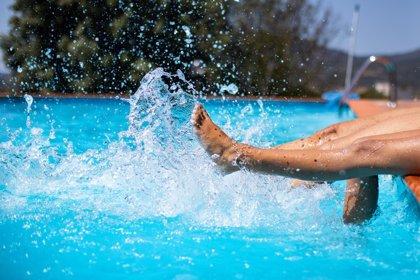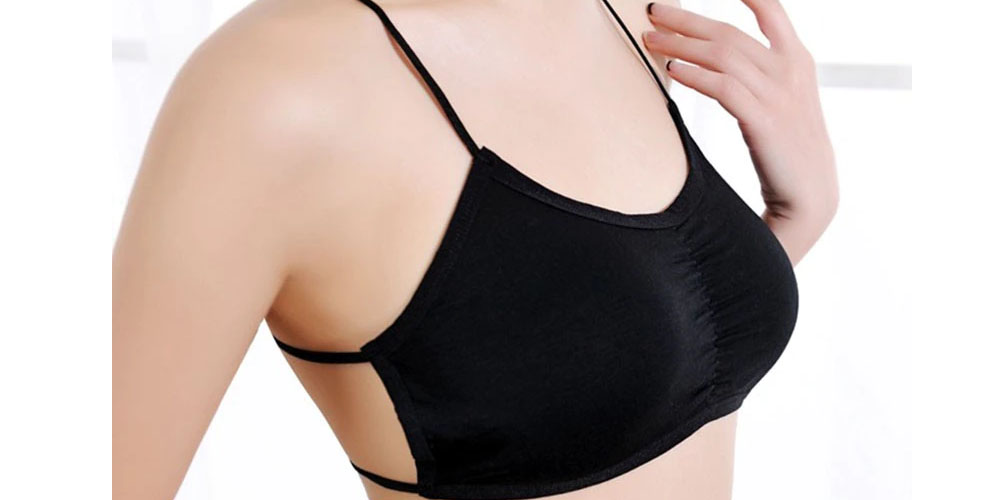Recommendations for a healthy vacation in a pandemic
MADRID, June 21 (EUROPA PRESS) -
Cinfa's medical expert, Dr. Julio Maset, warns that, "despite the fact that the incidence of the virus has decreased, the risk continues to exist", for which he recalls the importance of continuing to comply with security measures to deal with the Covid-19 also during the summer holidays.
"The mask, which in a few days to be used only indoors, and the hydroalcoholic gel continue to be two essential elements in our luggage. Constant hand washing with soap and water is also maintained as a fundamental hygiene maxim to keep the threat of covid-19 wherever we are," he explains. "Another key will be to find out about the possible restrictions and rules of social distance in our destination, so that, once there, we can continue to protect ourselves from the virus and, at the same time, not put other people at risk."
In this sense, the doctor recommends looking for open places. "Despite the fact that it is tempting to take refuge in shopping centers or inside bars and restaurants because they have air conditioning, it is preferable to look for open spaces, because closed places imply a greater ease of transmission of the virus," says the doctor, who recalls that, in case of going to beaches or swimming pools, "you must always respect the capacity, distances and established rules".
Likewise, he recalls the importance of taking care of the mask "when the heat is on." For this reason, he recommends regularly drying the sweat on the face to prevent the mask from getting wet too quickly and changing it more often if it is seen to be deteriorated.
Also related to the latter, "it is very important to drink plenty of fluids," according to the doctor. "Since the mask can increase sweating, the sensation of heat and the risks that this entails, you should drink plenty of water to keep the body hydrated," he says. The doctor also recommends checking that children and the elderly drink enough fluids.
HEALTHY LEISURE ON THE BEACH, MOUNTAIN OR CITY

Regardless of the health situation and the choice of environment (sea, rural or urban), as every year, it will be just as important to protect yourself from the sun and high temperatures. "Wherever we go, we will spend many hours outdoors. Therefore, we must remember the importance of protecting our skin from solar radiation by applying sunscreen factor 30 or higher, seeking shade and wearing sunglasses, loose and fresh clothing and hats. Drinking plenty of water will also help us stay hydrated on the hottest days and when the sun's rays are more intense," recommends the Cinfa expert.
For this reason, he insists that the central hours of the day should be avoided in order to prevent heat stroke. Also, remember that the mask does not protect against solar radiation, so you must apply a factor 30 sunscreen or higher to your entire face, even if you are not going to sunbathe, since a walk without sun protection can also be the cause of skin burns.
Likewise, photoprotector must also be reapplied after using hydroalcoholic gel. "If hydroalcoholic gel is used or we wash our hands, we must put sun protection on that area of hands and wrists, to prevent stains and burns," he warns.
On the other hand, on the beach, but also in the river, swamp or swimming pool, it is very important not to leave your wet swimsuit on, as it increases the risk of cystitis. In common areas, flip-flops or booties should always be worn in order to prevent foot fungus.
In relation to the latter, the doctor warns of the importance of paying attention to the feet. Thus, in case of going for a walk or sightseeing, it is necessary to use flexible footwear with an adequate width for the feet, to prevent the appearance of chafing, calluses or blisters. Dr. Maset advocates shoes with a padded sole or, failing that, a plantar pad. He also recommends wearing cotton socks to prevent chafing and excessive sweating.
"In addition, protecting ourselves from mosquito bites, present both in rural and maritime destinations, is also essential at this time," recalls the doctor. To do this, he recommends doing without colognes or soaps with aromas that are too sweet or intense, as they attract the attention of mosquitoes. "In the areas of greatest risk, it is better to wear light clothing that covers all the skin, preferably light in color, use mosquito nets at night and, above all, apply mosquito repellents that include diethyltoluamide (DEET) among its active ingredients. "says the doctor. "Carrying an after-bite product also prevents discomfort and injuries that can be caused by scratching," he recalls.
He also emphasizes the importance of including a travel first aid kit in your luggage to deal with minor health complications. "In addition to carrying our usual medication, if we have it, having the basic drugs and what is necessary to heal possible wounds will allow us to be prepared for any possible emergency and will avoid possible scares on these holidays, more deserved than ever," says Dr. Maset .
In his opinion, "a thermometer, medicines for fever and/or pain, antidiarrheals, antihistamines and pills against seasickness cannot be missing from the medicine cabinet. Skin disinfectants, sterilized gauze, scissors and tape will allow you to clean and cure a wound quickly. Of course, this year enough masks for the whole family and hydroalcoholic gel must also be put in," Maset advises, adding that the pharmacist can help prepare that travel kit, as well as indicate whether to avoid or be careful with exposure to the sun because of any medication you are taking.




